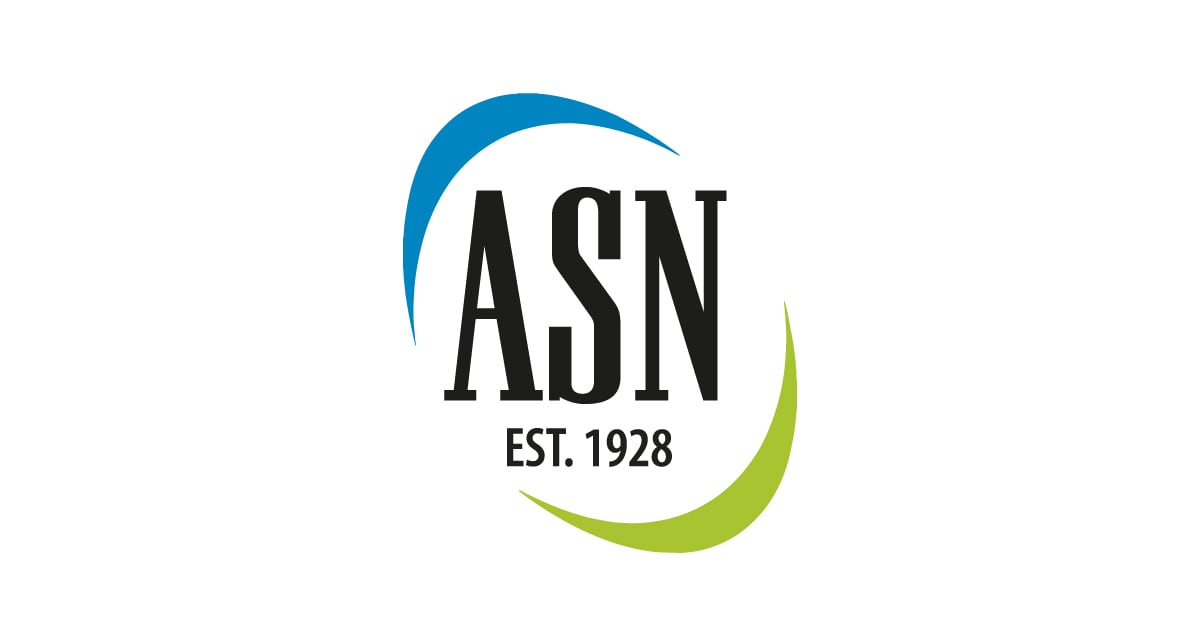Interview with NIH Office of Dietary Supplements Director Dr. Paul Coates
By: R. Alex Coots
Academia is changing.
Today’s universities increasingly rely on adjunct faculty to teach courses and reserve the coveted full-time academic position for the science superstars. This phenomenon, coupled with decreasing paylines from funding agencies, makes a science career especially challenging to pursue. And that’s not even considering the project difficulties!
The problem has become so pressing that even the NIH has realized it. New initiatives, such as the BEST Innovation Award, aim to ensure that graduate students and post-docs have increased opportunities to expand their skill sets for a future outside of academia.
Policy is one of the many areas that nutrition experts can serve. The current Director of the Office of Dietary Supplements (ODS), Dr. Paul Coates, successfully made the transition from bench research as a geneticist to a career in science policy. He spoke with me about his career and transition to ODS.
What motivated your interest into policy?
I was curious. For all these years, I had been funded to do research by the NIH and other organizations, but what I concentrated most on was my own research. I was pretty naïve when I came to the NIH, not knowing what life was like for people who worked on the government side. There were plenty of them like me, PhD’s in one setting or another, who had come to the NIH to work as extramural program directors.
What are the important skills or knowledge that someone should have when moving into policy?
One of the things I understood was the importance of making connections. My first job at the NIH was focusing on diabetes research efforts. I learned how to work with other people within an institute, and then gradually in other institutes and beyond to achieve common goals. I think the art of science policy is knowing who else works in this field that you can benefit from, and flip it around and ask “How can I help other people benefit from working together with them?” Recognize the talent that’s out there in other organizations.
What advice would you give to students?
You need to pay your dues as a scientist first. You need to understand the scientific method. You don’t have to spend an eternity in science, but you must have spent some time doing it. Author publications and write grants. My observation is that the people best prepared for this kind of experience “get it” about what a scientist does. They must be prepared to critically analyze data and know what to look for in the literature to inform policy.
What types of projects do the AAAS and Milner fellows work on?
The AAAS Science and Technology Policy Fellowship is beautifully designed to encourage people at different levels of experience in science to work closely with federal agencies to learn about the science-to-policy transition. In ODS, we’re recent partners in that program. Fellows are engaged in projects that my office works on. We have a very active role in translating science into policy, but also in identifying research needs.
The Milner fellowship has a different side to it. Jointly funded by ODS and the Beltsville Human Nutrition Research Center, the Milner fellowship brings in one or two people per year for a two-year stint that will allow them to conduct research in one of the labs at Beltsville. At the same time, they participate at ODS in work on science policy.
How do you see ODS changing in the future?
ODS is getting a little older. A fairly urgent challenge is identifying people who can come up behind us and continue to identify opportunities for research—particularly those that have public health implications— and be committed to help tackle them.




